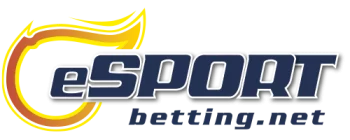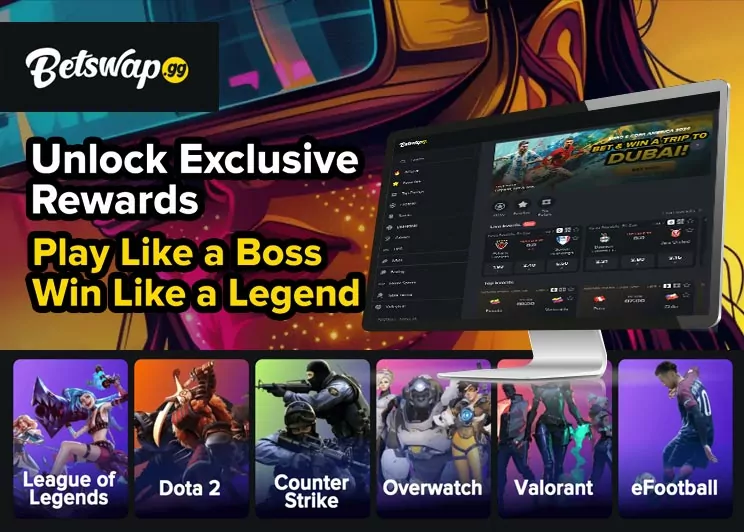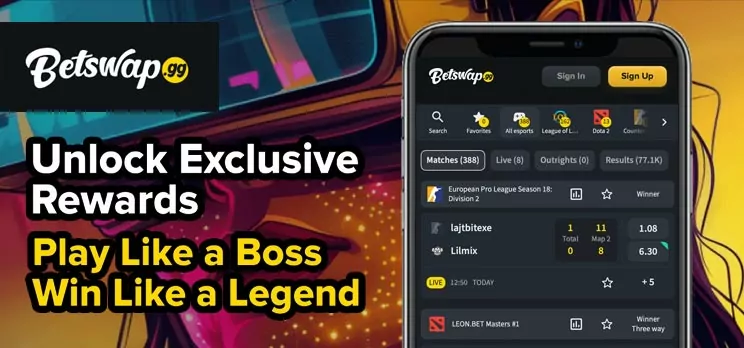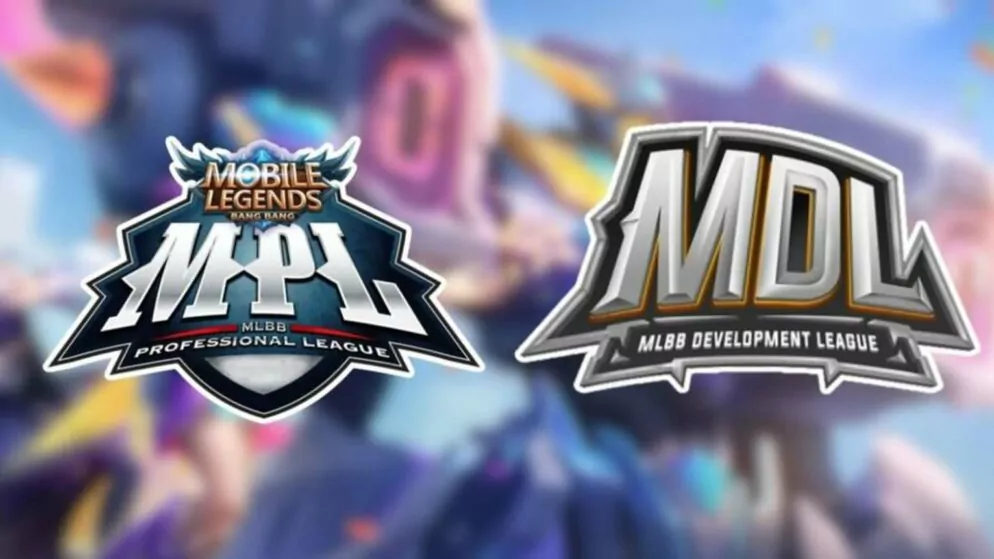
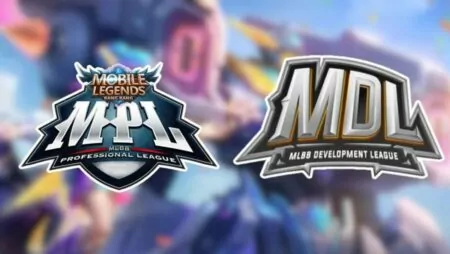
What Does MPL and MDL Mean
Mobile Legends: Bang Bang, a popular game in the esports world, features two significant leagues that contribute to its competitive landscape. The Mobile Legends Professional League (MPL) and the Mobile Legends Development League (MDL) serve as essential platforms for grooming and evaluating talent.
MPL stands as the premier league, attracting top-tier teams and players who strive to prove their skills in high-stakes tournaments. In contrast, MDL operates as the development league, providing a nurturing ground for amateur talent eager to break into the professional scene. Together, these two leagues form the backbone of Mobile Legends esports, fostering a dynamic environment for both emerging and established players.
What Does the MPL Stand For in MLBB?
The Mobile Legends: Bang Bang Professional League (MPL) stands as a prominent regional league designed for elite competition in Mobile Legends. This esports tournament acts as a crucial qualifier, determining top teams that will participate in prestigious international events, such as the MLBB Mid-Season Cup and the M-World Championship. Presently, seven key regions participate in the MPL:
- Philippines
- Indonesia
- Malaysia
- Singapore
- Cambodia
- Latin America
- Middle East and North Africa
While Myanmar is traditionally included in regional contests, its MPL events have paused since 2020. The league's return is unconfirmed; nonetheless, Myanmar organizes alternate qualifiers to select teams for worldwide competitions. This structured league system underscores Mobile Legends‘ global reach.
Meaning of MDL in Mobile Legends: Bang Bang
The Mobile Legends Development League (MDL) acts as a platform for nurturing new esports talent within the Mobile Legends: Bang Bang community. Open to regions with franchise league structures, such as the Philippines and Indonesia, the MDL serves as a proving ground for emerging players before advancing to higher levels of competition.
Each Mobile Legends Professional League (MPL) organization maintains its own MDL teams, enabling flexible roster swaps between their professional and amateur squads. This allows organizations to strategically adjust their lineups during a competitive season.
Additionally, the MDL provides opportunities for other independent amateur teams to participate, offering a chance for players to demonstrate their skills. This exposure can lead to potential partnerships or acquisitions of team rosters, facilitating the growth and development of new talent in professional esports.
